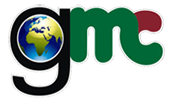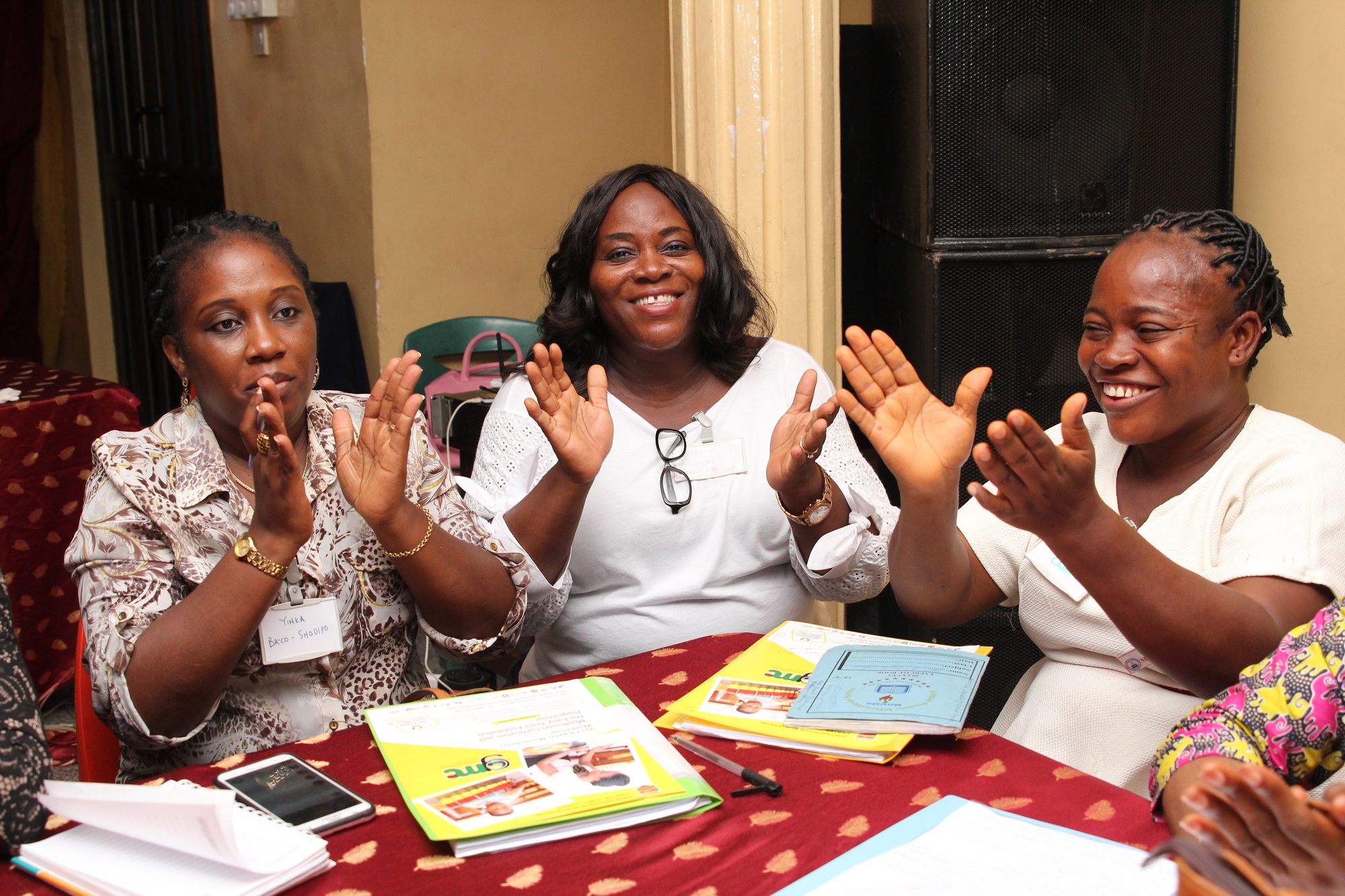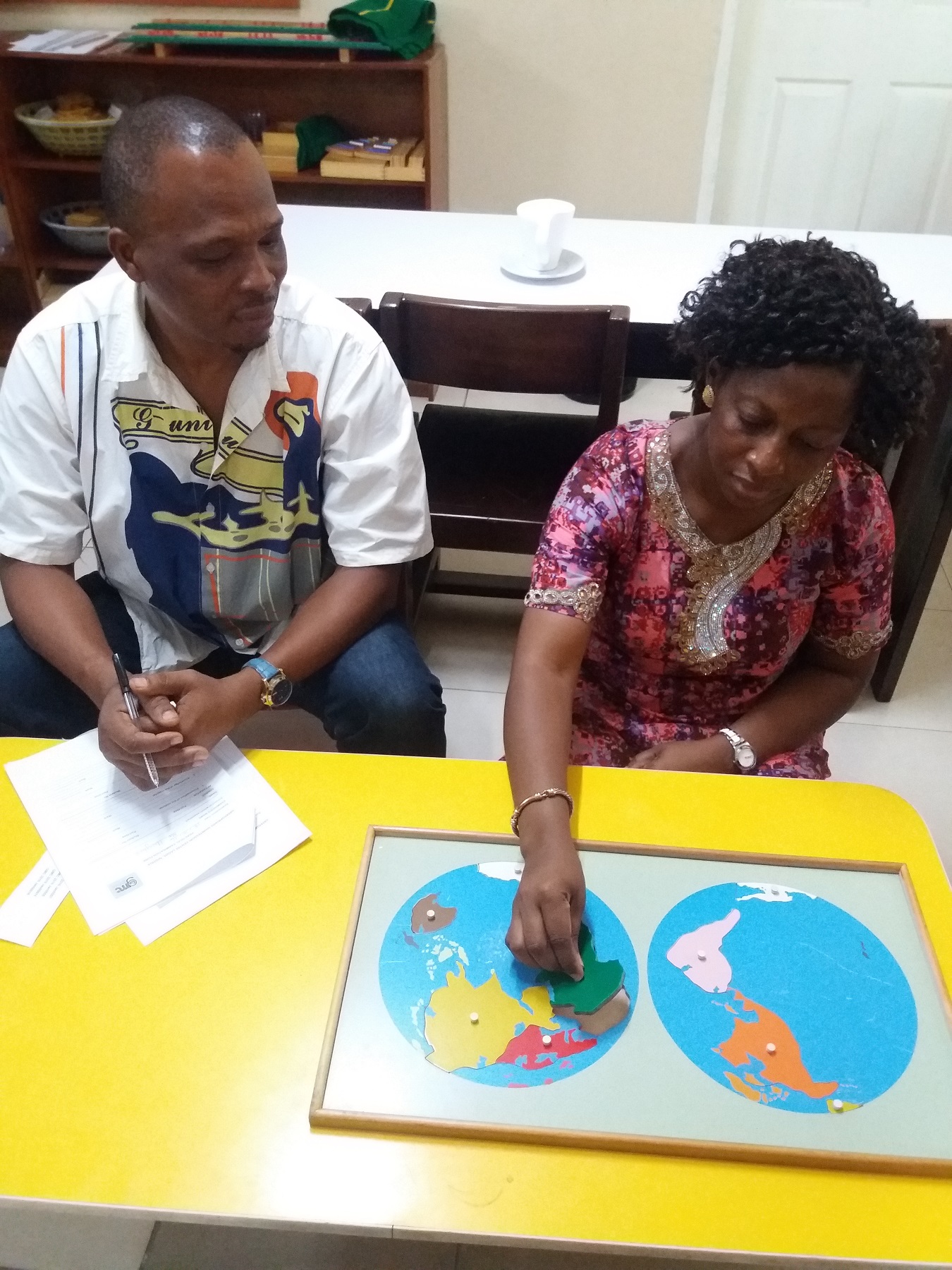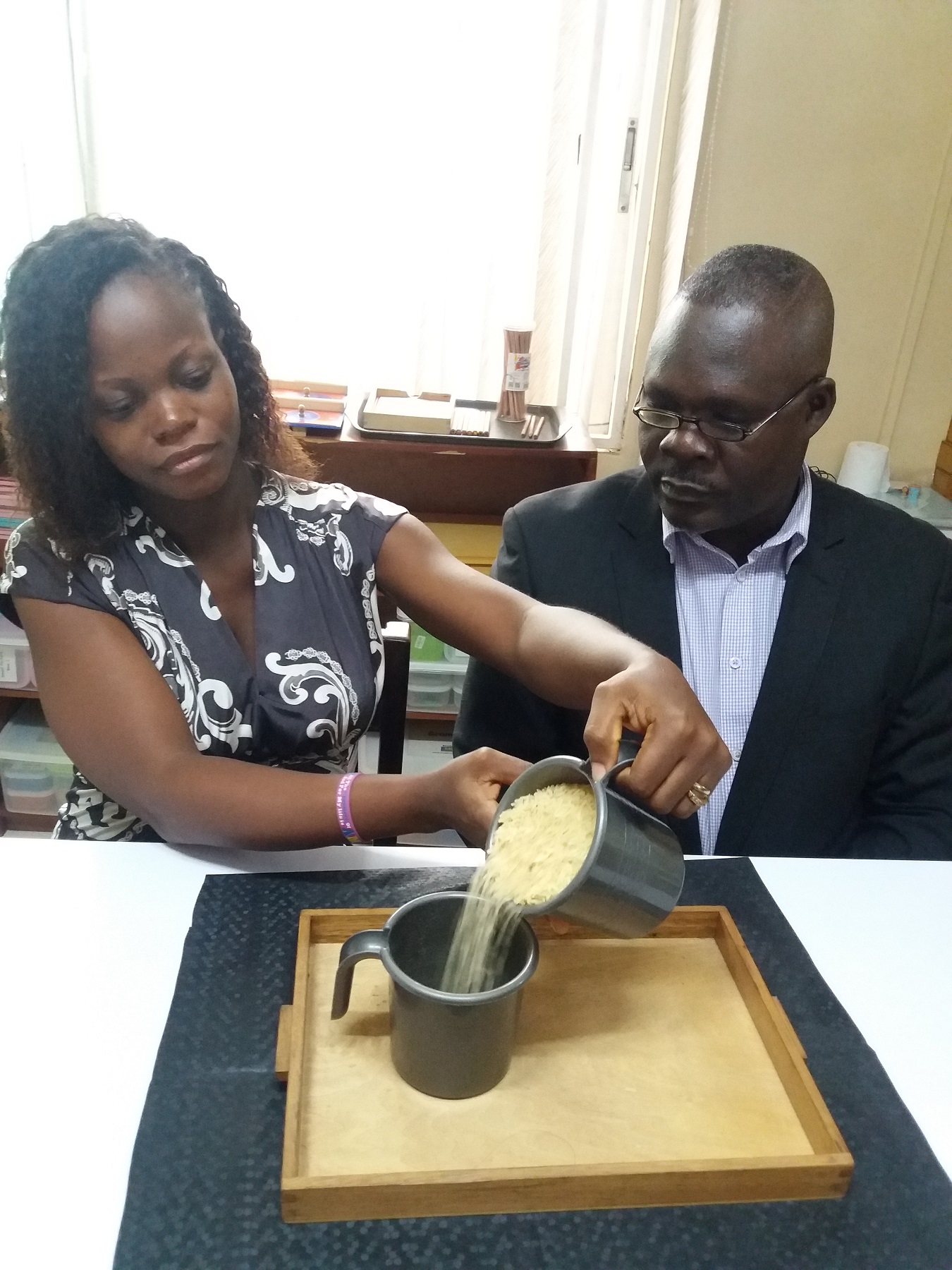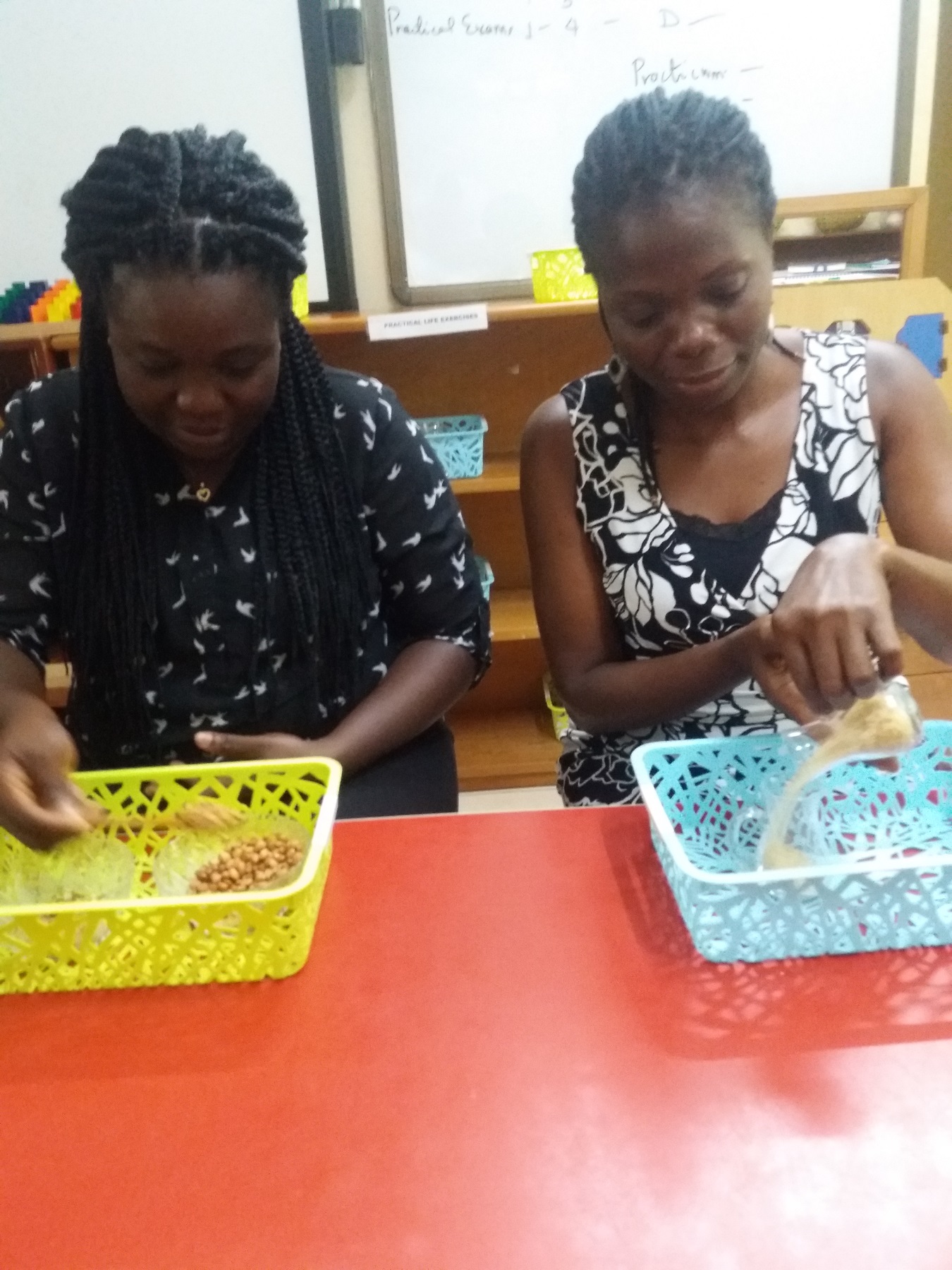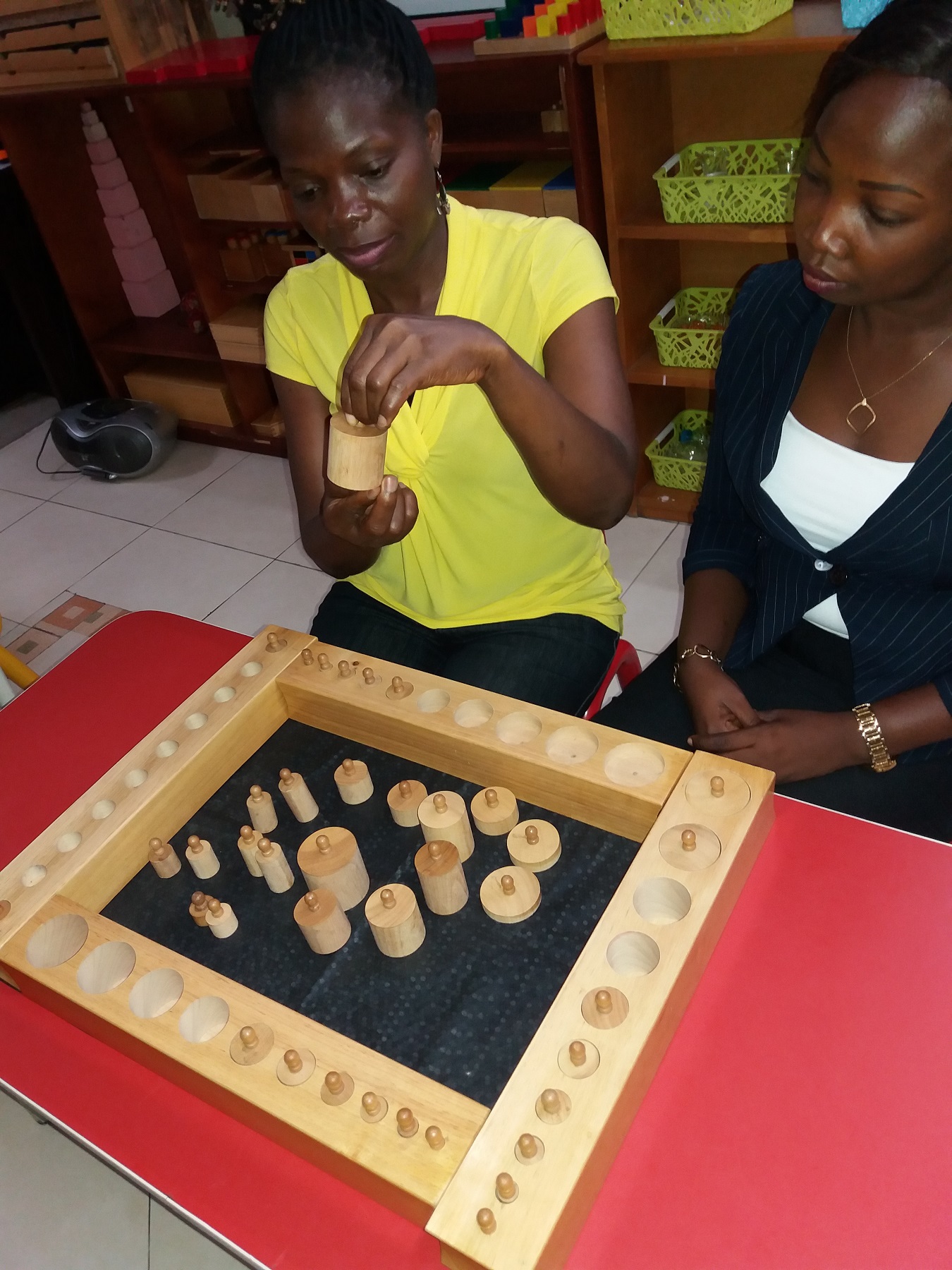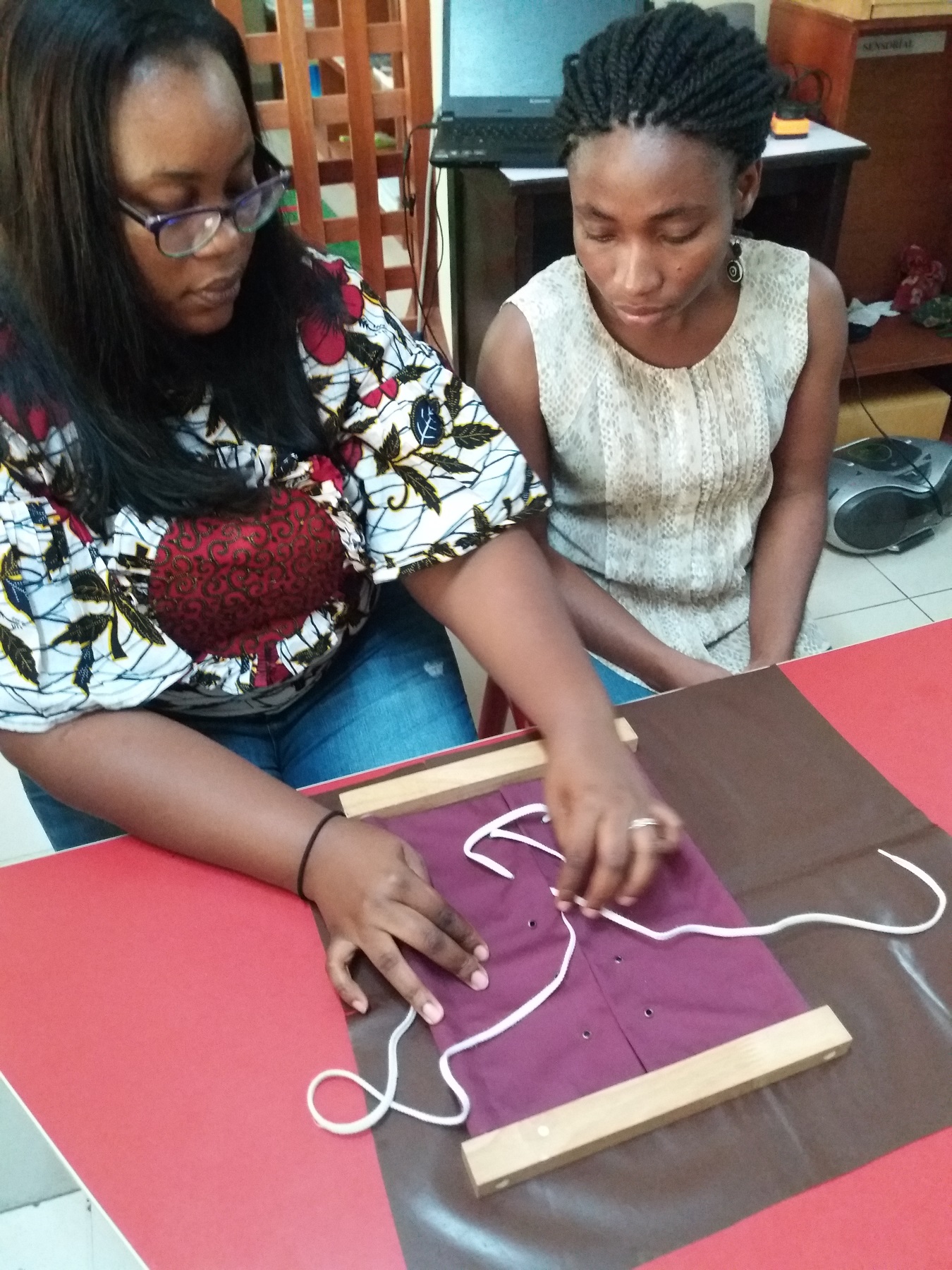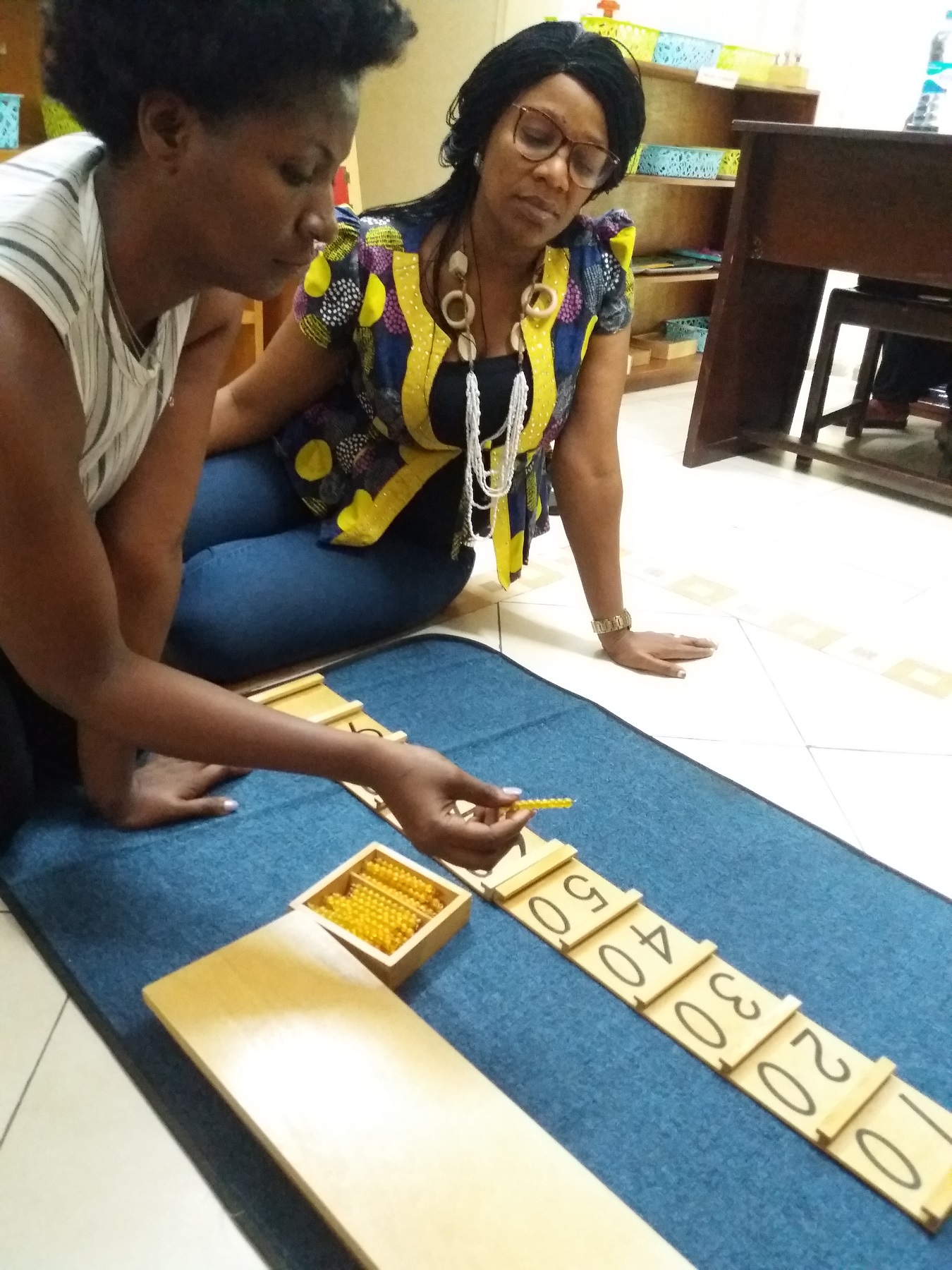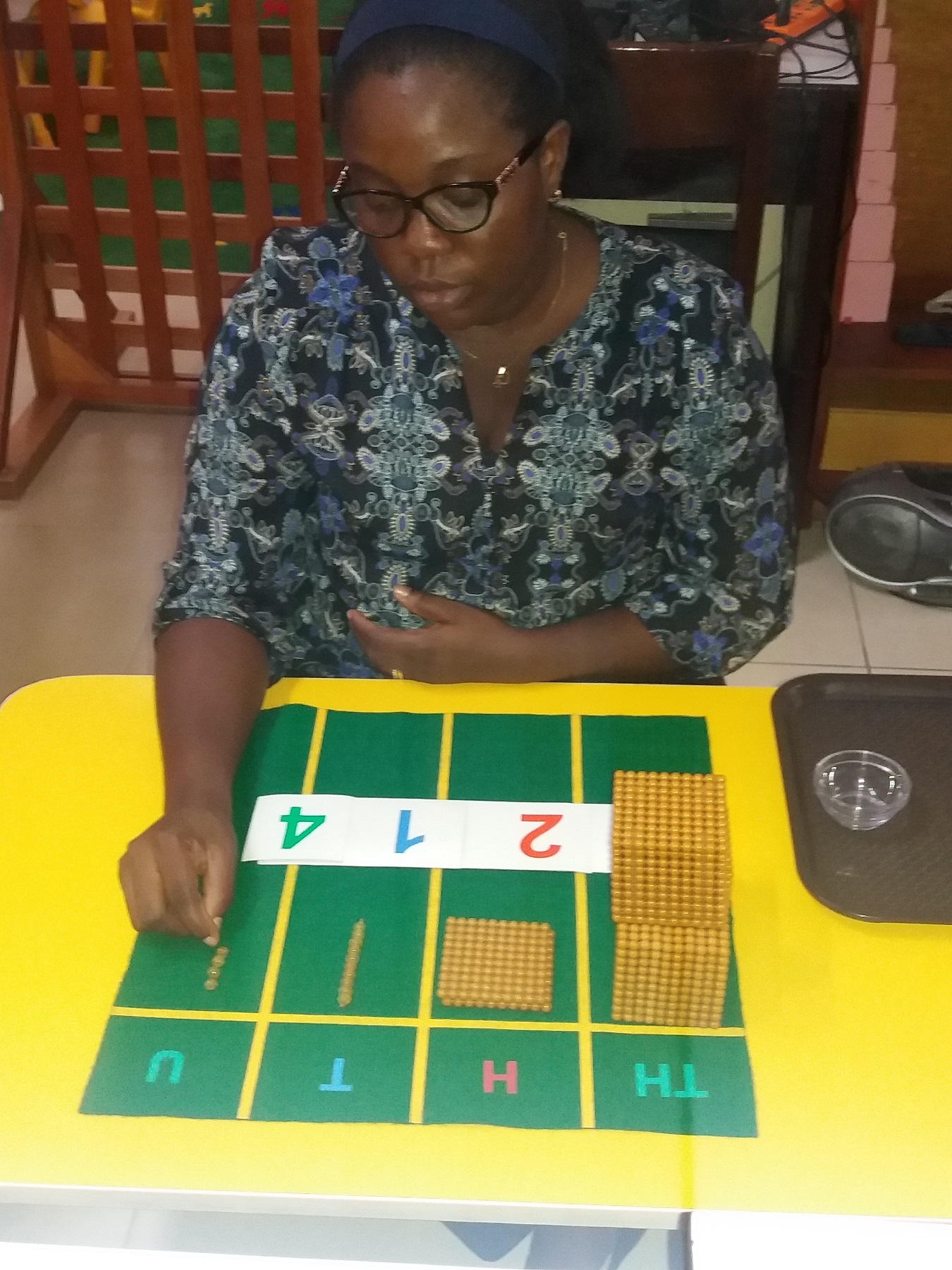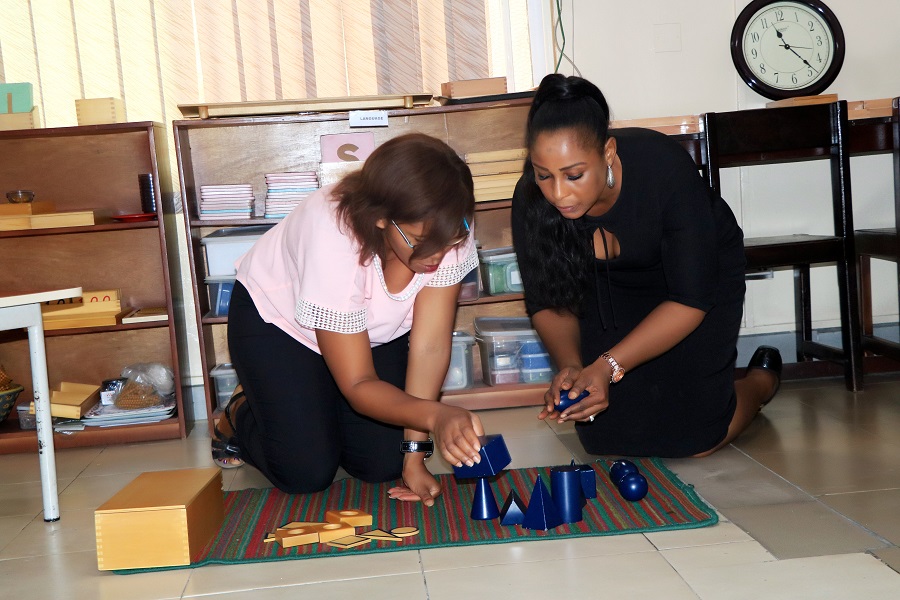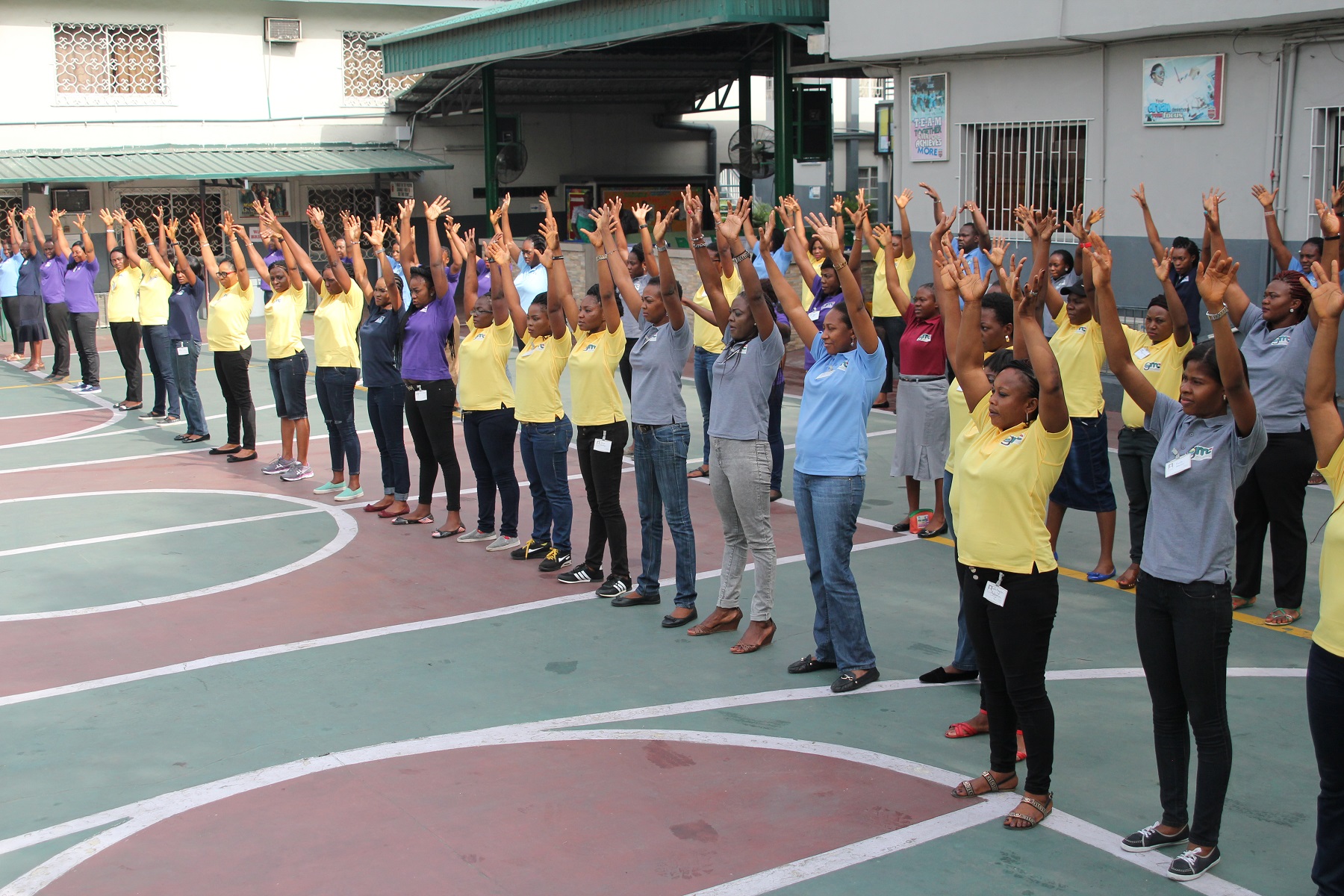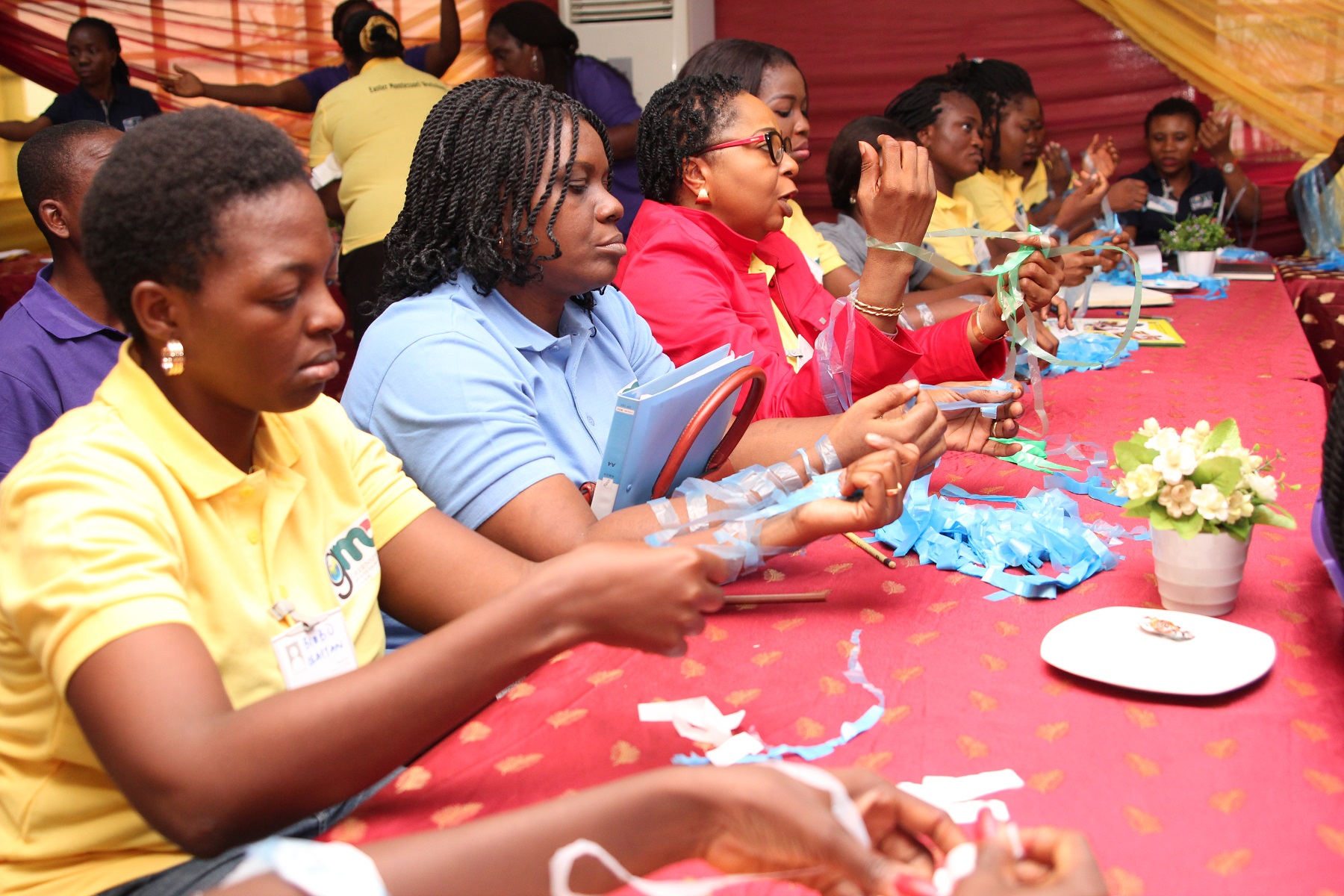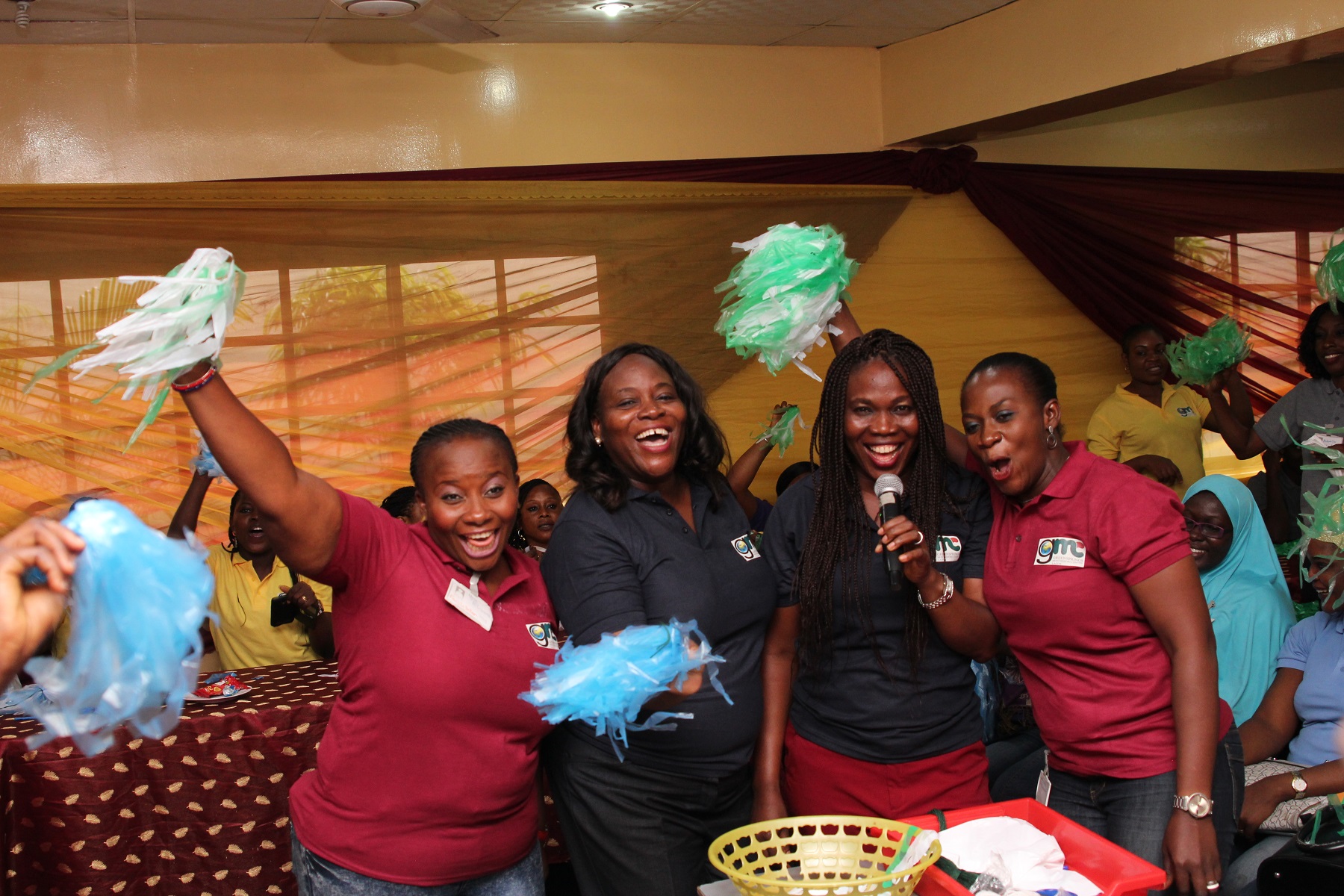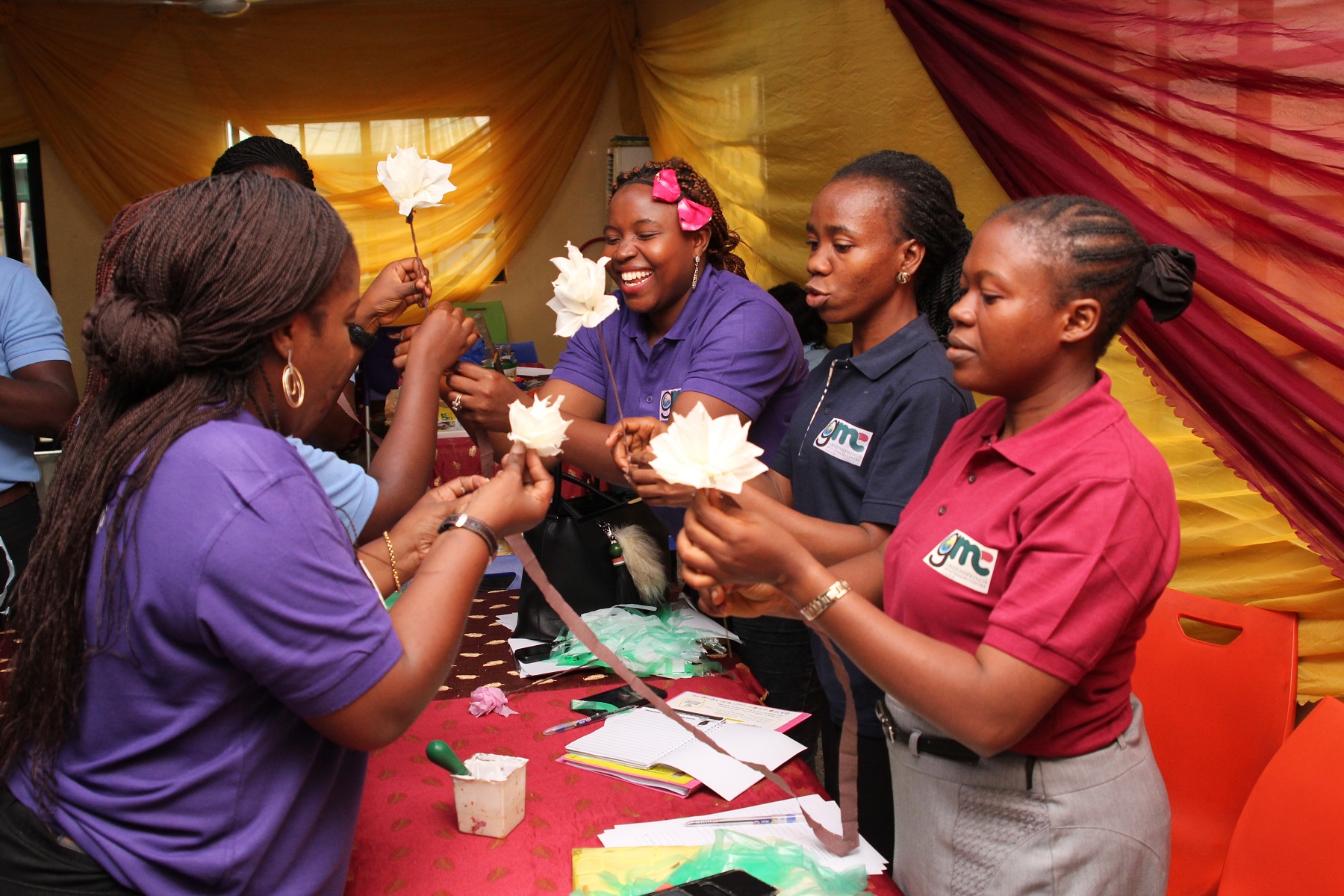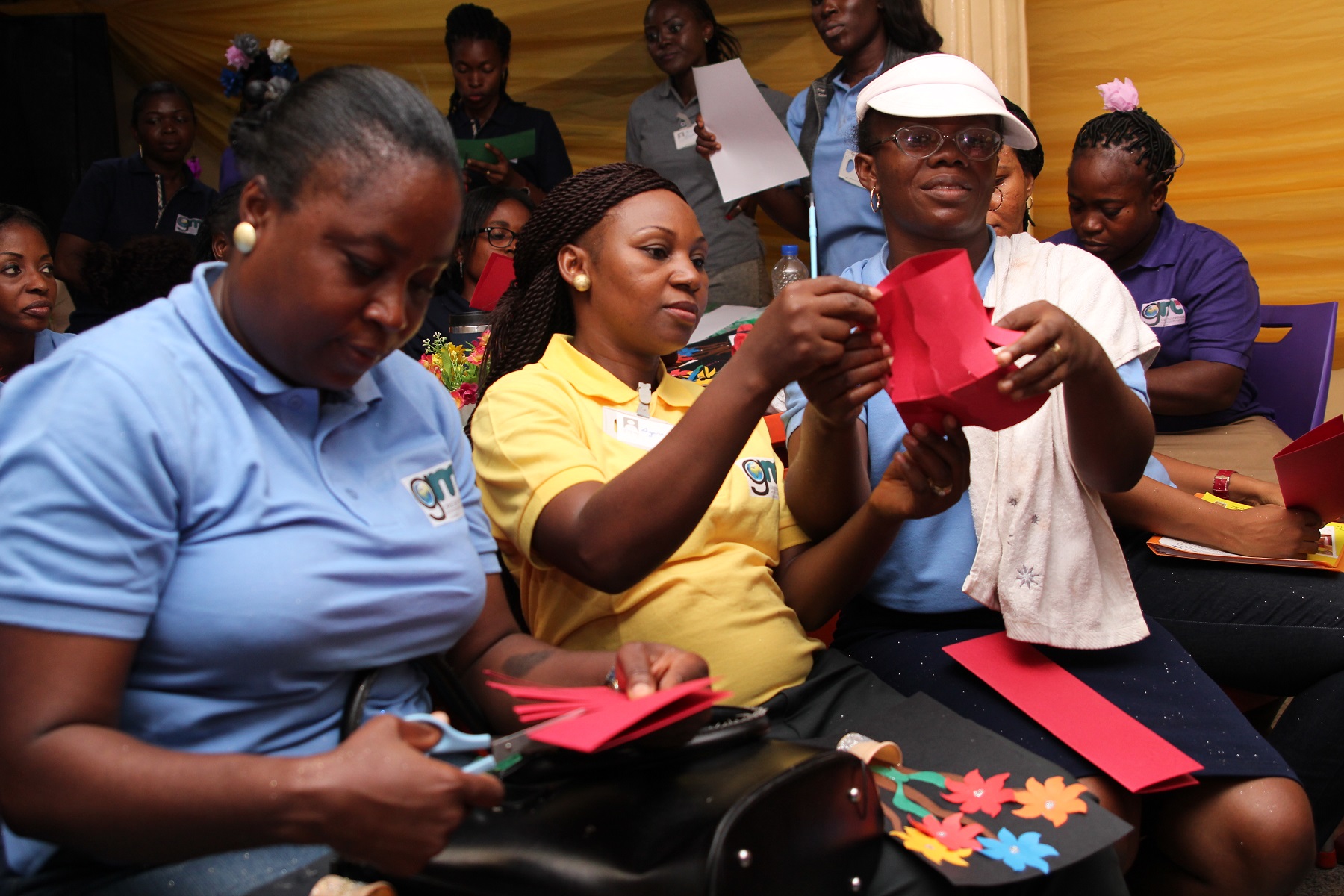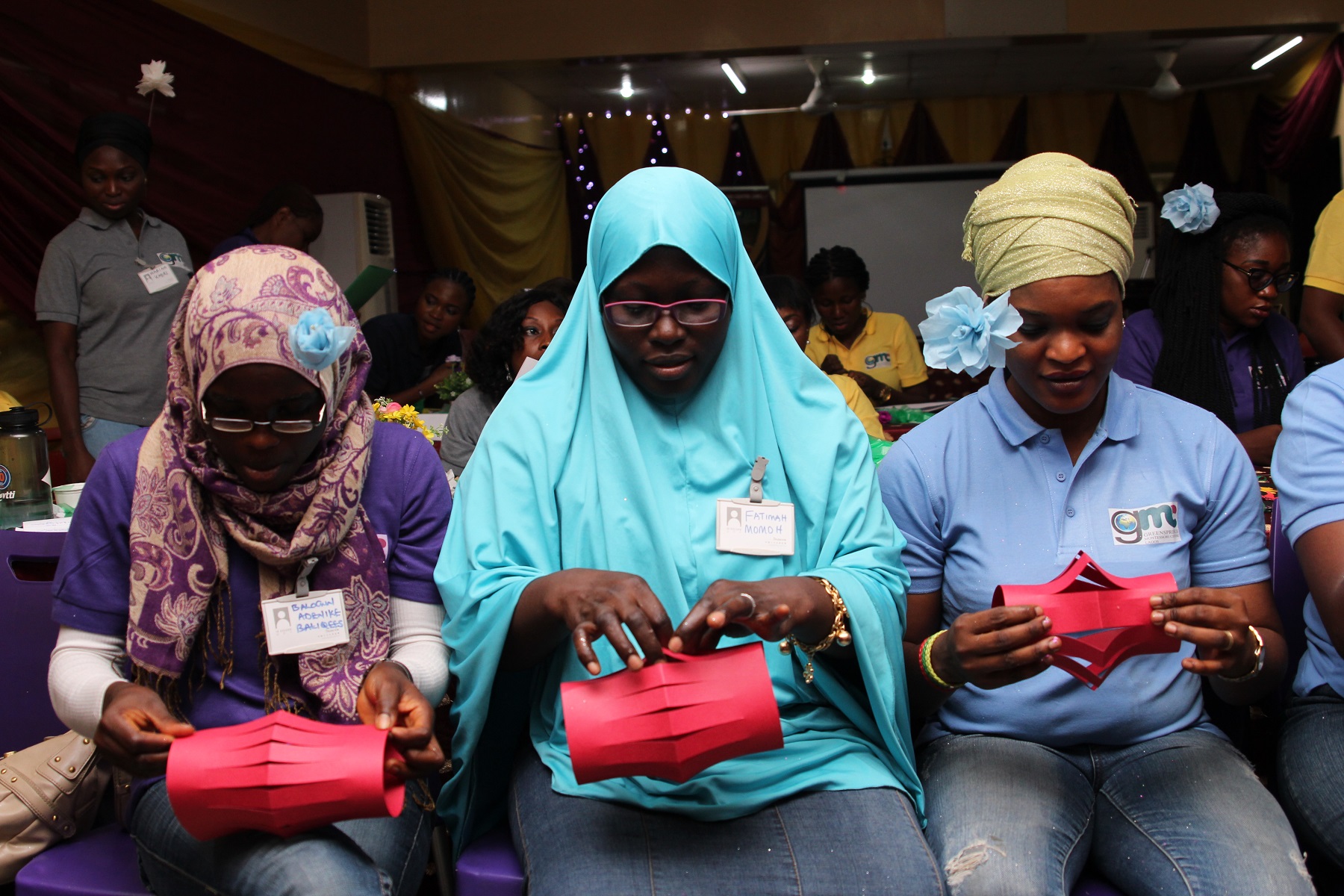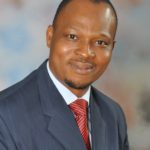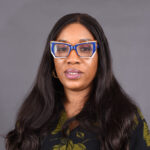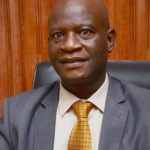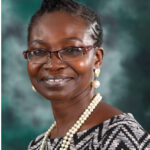BECOME A REPUTABLE MONTESSORI PROFESSIONAL
Learn the art of Montessori education from leading experts in the field. This international early childhood Montessori Diploma programme is accredited by the Montessori Accreditation Council for Teacher Education (MACTE), USA. The certificate you will be issued at the end of the course can get you a well-paying job in Nigeria, Dubai, UK, US, and Canada.
During the course, you will be trained by veteran Montessori educators and undergo robust training on Montessori philosophy, curriculum subjects, special needs education, and child protection. You will also learn about Montessori leadership, and you will carry out your practicum at Greensprings School, one of the best Montessori schools in Nigeria.
NEXT COHORT: September 2024
